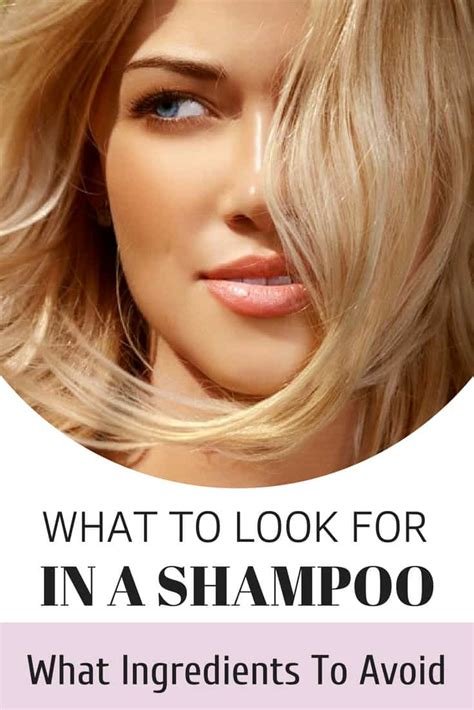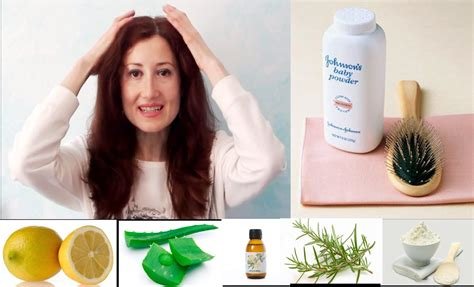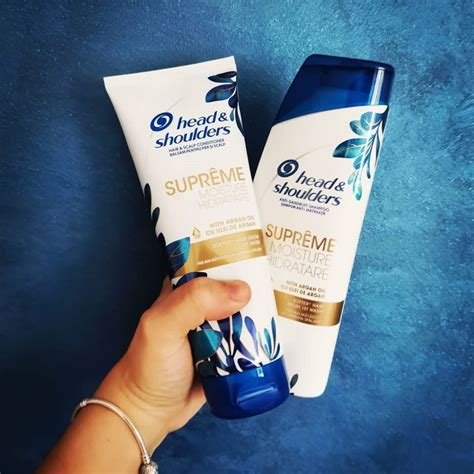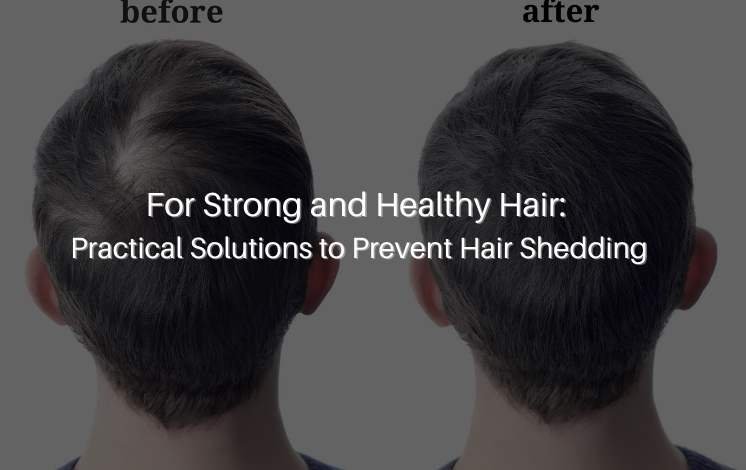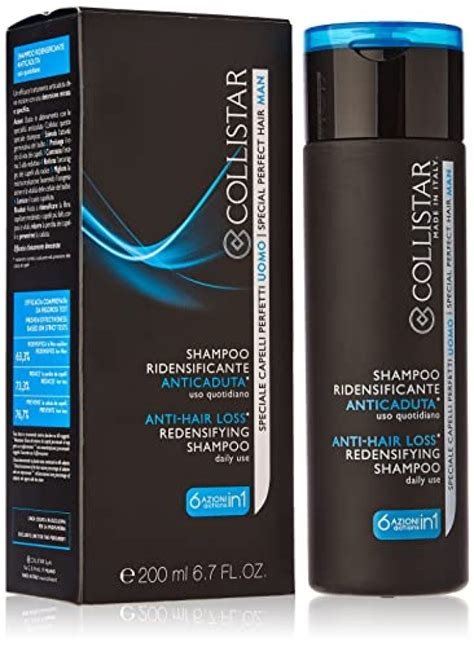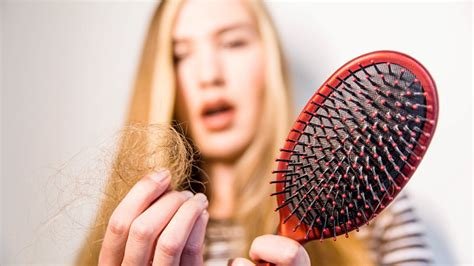Are you experiencing more hair shedding than usual? Understanding the causes of hair shedding is the first step in finding an effective solution. In this blog post, we will explore the various factors that contribute to hair shedding, including genetics, lifestyle, and environmental factors. We will also discuss the importance of a proper hair care routine, nutrition, and stress management in minimizing hair shedding. Additionally, we will review professional treatments and products that can help prevent excessive hair shedding. Stay tuned to learn how you can take control of your hair health and minimize shedding for good.
Understanding The Causes Of Hair Shedding
Hair shedding is a common issue that many people face, and understanding the causes behind it is key to preventing and minimizing this problem.
One of the most common causes of hair shedding is hormonal changes. This can be due to factors such as pregnancy, menopause, or thyroid imbalances. These hormonal shifts can affect the hair growth cycle and lead to excessive shedding.
Poor nutrition can also contribute to hair shedding. When the body lacks essential nutrients such as iron, protein, and vitamins, it can lead to weak and brittle hair that is more prone to shedding. Maintaining a balanced diet rich in these nutrients is therefore crucial for healthy hair.
Effective Hair Care Routine For Minimizing Shedding
When it comes to hair care, one of the most common concerns is hair shedding. Experiencing hair shedding can be distressing, but the good news is that there are effective hair care routines that can help minimize shedding and promote healthier, stronger hair.
Hair šampon plays a crucial role in minimizing shedding. It’s important to choose a šampon that is gentle and nourishing, as harsh chemicals can strip the scalp and hair of essential oils, leading to increased shedding. Look for shampoos that are specifically formulated to strengthen and nourish the hair, and avoid ingredients such as sulfates and parabens.
Another important aspect of an effective hair care routine for minimizing shedding is regular conditioning. A good conditioner can help to moisturize and strengthen the hair, reducing breakage and shedding. When choosing a conditioner, look for one that is rich in protein and moisture, as these ingredients can help to repair and protect the hair.
Nutrition And Its Impact On Hair Health
When it comes to maintaining healthy hair, nutrition plays a crucial role in overall hair health. Our hair is made up of protein, so it is essential to consume a balanced diet that includes protein-rich foods to keep our hair strong and vibrant. In addition to protein, hair šampon and other hair products enriched with essential vitamins and minerals can also support the overall health of our hair.
One of the key nutrients for hair health is biotin, also known as vitamin H. Biotin helps to strengthen the hair follicles and prevent hair shedding. Foods rich in biotin include eggs, nuts, and leafy greens. Another important nutrient for healthy hair is vitamin E, which promotes blood circulation to the scalp and can help prevent hair loss. Including foods like avocados, sunflower seeds, and spinach in your diet can provide a good source of vitamin E.
Furthermore, omega-3 fatty acids found in fish, flaxseeds, and walnuts can also contribute to healthy hair growth by keeping the scalp hydrated and reducing inflammation. It’s important to note that a balanced and varied diet is the key to ensuring that our hair receives the necessary nutrients for optimal health. By incorporating the right foods and using appropriate hair shampoo and products, we can help to maintain the strength, shine, and resilience of our hair.
The Role Of Stress Management In Preventing Hair Shedding
Stress can have a significant impact on our overall health, including the health of our hair. When our bodies are under stress, a number of hormonal changes occur that can affect the growth and shedding cycles of our hair. Hair shedding is a common issue that many people experience, and it is important to understand the role that stress management can play in preventing excessive shedding.
One of the ways that stress can contribute to hair shedding is through the production of cortisol, often referred to as the “stress hormone.” When cortisol levels are elevated, it can disrupt the normal growth cycle of hair follicles, leading to increased shedding. Finding effective ways to manage and reduce stress levels can help to regulate cortisol production and minimize the impact on hair health.
There are a variety of techniques that can be employed to better manage stress and support overall well-being. Regular exercise, mindfulness practices such as meditation or yoga, and engaging in hobbies or activities that bring joy can all help to reduce stress levels. Additionally, seeking support from friends, family, or mental health professionals can provide valuable resources for coping with stress and its effects on the body, including hair health.
Professional Treatments And Products For Hair Shedding
There are several professional treatments and products available for managing hair shedding. Many people experience hair shedding at some point in their lives, and it can be a distressing and frustrating experience. However, there are solutions that can help address this issue, whether it’s through in-office treatments or specialty hair care products.
One professional treatment for hair shedding is platelet-rich plasma (PRP) therapy. This treatment involves injecting the patient’s own platelet-rich plasma into the scalp to stimulate hair growth and reduce shedding. PRP therapy has gained popularity in recent years for its potential to improve hair density and thickness.
Another option is laser therapy, which uses low-level laser light to stimulate hair follicles and promote hair regrowth. Some professionals may also recommend topical treatments containing minoxidil or finasteride to help minimize hair shedding and encourage new growth.
Často kladené otázky
What are the common causes of hair shedding?
Hair shedding can be caused by a variety of factors, including genetics, hormonal imbalances, nutritional deficiencies, stress, and certain medical conditions.
How can I minimize hair shedding with an effective hair care routine?
An effective hair care routine for minimizing shedding includes using gentle shampoos, avoiding heat styling, minimizing chemical treatments, and using a wide-tooth comb to detangle wet hair.
How does nutrition impact hair health and shedding?
Nutrition plays a crucial role in hair health, and deficiencies in certain vitamins and minerals such as iron, biotin, and zinc can contribute to hair shedding. Eating a balanced diet rich in these nutrients can help promote healthier hair.
What role does stress management play in preventing hair shedding?
Stress can contribute to hair shedding by disrupting the hair growth cycle. Practicing stress-reducing techniques such as meditation, exercise, and getting enough sleep can help minimize hair shedding.
What professional treatments and products are available for hair shedding?
Professional treatments and products for hair shedding may include scalp treatments, laser therapy, and prescription medications. It’s important to consult with a dermatologist or trichologist to determine the best treatment approach for your specific needs.
How can I address hair shedding with the right nutrition and supplements?
Addressing hair shedding with the right nutrition and supplements may involve incorporating foods rich in essential vitamins and minerals, as well as considering supplements such as biotin, iron, and omega-3 fatty acids to support hair health.
What are some lifestyle changes I can make to minimize hair shedding?
Aside from stress management and nutrition, lifestyle changes such as avoiding tight hairstyles, minimizing heat exposure, and using gentle hair care products can help minimize hair shedding.

